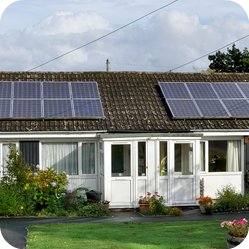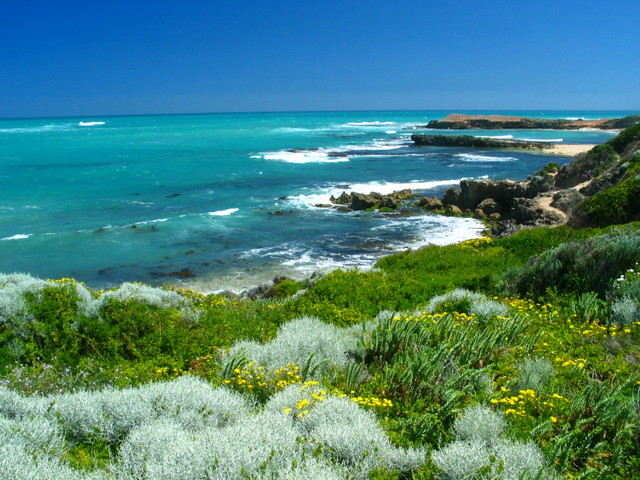Solar Heat an Economical Alternative Energy
Solar Heat
One of the most popular of the solar applications is Solar Heat. These heating systems are classed as Passive or Active, depending on which Technology is preferred. Active Solar is based on two basic types: LIQUID and AIR, with the Liquid Solar using collectors such as, Flat Plates, Evacuated Tubes, and Concentrating Collectors. These are the devices in which fluids are heated by the sun's radiation. Glazed Solar Air Collectors are used for recirculating building or outdoor air, functioning very much like a conventional forced air furnace.
Solar Water Heating
Fluids used in Solar Water Heating are water, non-toxic antifreeze, or any other type of liquids that can absorb the sun's heat. The operation of these heating systems is done by the moving of the fluids through the Collector with the use of circulating pumps, and once the fluids are directed to a storage tank or a Heat Exchanger, the heat can then be stored or used immediately. Liquid heat distribution can be done in different ways such as: hot water baseboard or radiators, central forced-air or radiant floor systems.

Solar Air Heating
The Solar Air system heats air in Collectors (glazed recirculating types, and unglazed for Ambient Air Heaters). The glazed air collectors recirculates heated air by either Passive or Active, this meaning such as with the use of a fan. Medium-Temperature Collectors are glazed or unglazed, and are used to heat water or air for residential or commercial use. These Air Heat Panels are also used to condition air, or for process heat applications.
Unglazed Solar Air Collectors are used to preheat outside and not the inside building air, and these collectors are not usually economical for small residences, the reason being they require a great deal of ventilation. Passive Solar Air Heating can be used for drying laundry, drying wood for construction or for fuel such as wood chips, and also for food products such as fruits, grains, fish and other drying needs. A well insulated home that would use passive methods and that is well designed, would require a smaller and less costly heating system, and might not need any other form of heat other than solar.
An Active Heating System in cold weather with good solar resources and used for most of the year can be very cost efficient, especially if displacing other expensive fuels like electricity, propane, and oil heat. A back-up system like a Conventional Central Heating System is recommended when the system cannot meet heating requirements.
Sizing and selecting a solar heat system, choosing the site and the design, all depend on the heating needs of your home. Look up your Local Building Codes, Zoning By-Laws, as well as any other regulations that might be needed before installing your System. One more recommendation is to find an experienced Contractor who can properly install your heating system, and once installed, it must be regularly maintained in order for it to perform at it's best and to also prevent breakdowns.
For insurance check your Homeowner's Insurance Policy, most Solar Heating Systems are automatically covered, and another a good idea would be to check with your Government or State for Financing Incentives.
For more on Solar Heat see Solar homes and Solar Electricity Solar Energy
For more information return to Alternative Energies



